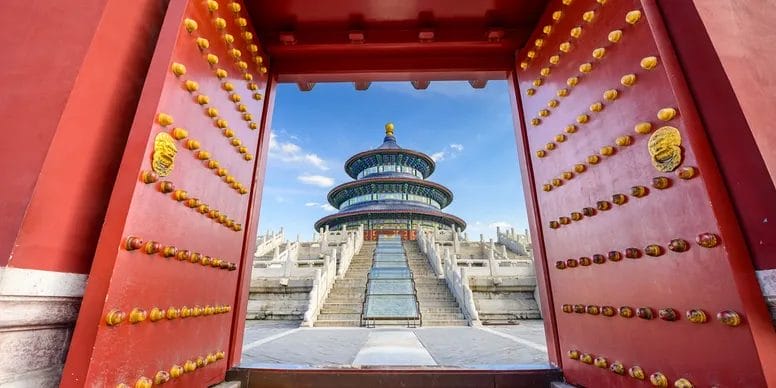
Brazilian President Luiz Inacio “Lula” Da Silva visited China last week, and reportedly he and Chinese President Xi Jinping discussed possible solutions to end the war in Ukraine. The two sides discussed the possibility of creating a group of countries that are not involved with the Russia-Ukraine war, to broker peace between the two belligerent countries. On his way back to Brazil, in Abu Dhabi, the Brazilian president made comments in which he suggested that Western countries should stop providing weapons to Ukraine, because doing so has been “prolonging the war.”
Unsurprisingly, these comments caused much resentment and outcry in the U.S. and Europe, while being lauded by Russia. Lula partly backtracked from his comments by condemning the “violation of Ukraine’s territorial integrity” by Russia, and again called for mediation to end the war. He avoided further criticism of the U.S. and European role in the war during his visit to Portugal this past weekend.
Why did Lula come up with such comments? There are several reasons.
First, Lula has been re-elected with a much more left-wing platform than in the past, as he needed to differentiate himself from his predecessor Jair Bolsonaro. Part of this platform consists in being less pro-American than his right-wing predecessor, who was considered the “Trump of Latin America.” So Lula has to some extent re-vitalised the traditional non-aligned and pacifistic position of Brazil, by distancing himself from the US.
Second, Brazil belongs to the BRICS, the group of emerging markets that is creating a new EM-G7, together with Saudi Arabia, Argentina, and perhaps other countries as well.
So, Russia Brazil is already keen to listen to both China and Russia, which belong to the same grouping, and are currently allied in the Russia-Ukraine conflict. One cannot be surprised therefore if Brazil echoes some of China’s and Russia’s opinions. China has already acquired several Latin American countries in its Belt and Road Initiative (BRI), i.e. Venezuela, Ecuador, Peru, Bolivia, Chile, Argentina, and Uruguay. China is increasing its influence in South America, either via its BRICS grouping or its BRI initiative.
Third, and perhaps more importantly, China has massively increased its appeal as a potential broker for international affairs. Apart from attempting to become a mediator for the conflict in Ukraine, which will be difficult given its support to Russia, it has recently brokered a historic agreement between Saudi Arabia and Iran, which at least on paper may freeze the conflict between the two Middle Eastern powers after decades of overt or covert conflict. For this reason, China has become a reference point for a diverse (and often conflicting) set of countries, such as Iran, Saudi Arabia and Israel, as well as Pakistan, India and North Korea.
China’s role as an international peacemaker will still require time to be built, and it is unlikely to happen until China will be involved directly in some major conflict, as it happened to the U.S. after WW2. But the country has already made huge strides in that direction, and it is obvious that the role of the U.S. as the world’s only superpower, brokering international affairs with diplomatic as well as military means, is now over.